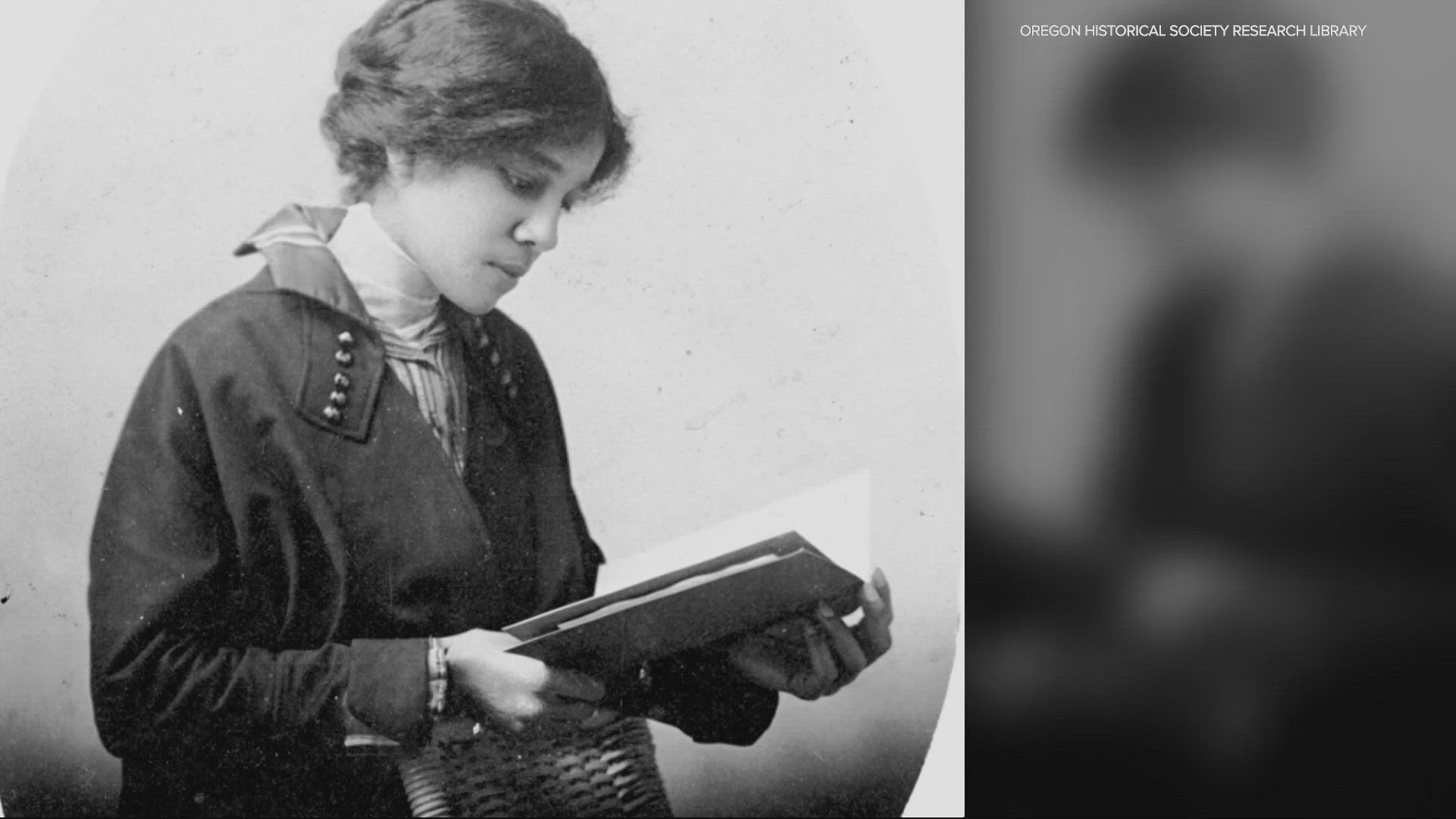PORTLAND, Ore. — When it comes to the Civil Rights Movement, leaders such as Martin Luther King Jr. and Malcolm X are often largely recognized for their contributions.
While their fight for equality and equity undeniably created large-scale change, many activists across the country were also making a difference in their own communities. That includes Beatrice Morrow Cannady, a pioneering journalist and activist based in Oregon.
Cannady was born in Texas in 1889 but eventually relocated to Portland in 1912, where she married Edward Cannady. He was the co-founder and editor of the state’s largest independent Black-owned newspaper known as The Advocate.
Within a short time, Cannady found her calling at the paper and took the role of both manager and associate editor.
Two years later, Cannady founded the NAACP Portland branch. Her skills and position as a journalist became a major tool for the fight against racism and injustice, including editorializing and reporting on the Ku Klux Klan’s activities throughout Oregon and other instances of discrimination.
She also filled the paper with notices about visiting performers, such as Langston Hughes, and local lectures from NAACP leaders. Cannady even successfully challenged the exclusion of African American kids from public schools in Longview and Vernonia during her time as a journalist and activist.
In the early 1920s, Cannady became the first Black woman to graduate from Portland’s Northwestern College of Law, now known as the Lewis & Clark Law School.
By 1930, she became the owner and editor in chief of The Advocate following a divorce from Edward. Shortly after, she ran for state legislature, garnering a substantial amount of support that was often not seen at the time. However, she ended up losing against her fellow candidates. In the late 1930s, she made the decision to discontinue the newspaper and moved to Los Angeles where her sons were residing.
Cannady passed away in 1974, leaving behind a legacy of uncompromising commitment to not only fight racial injustice, but to also become a voice for those who were stripped of their own, and amplify the positive milestones of the Black community in Oregon.
Today, Beatrice Morrow Cannady Elementary in Happy Valley proudly displays her name above its front doors as a form of commemoration.

